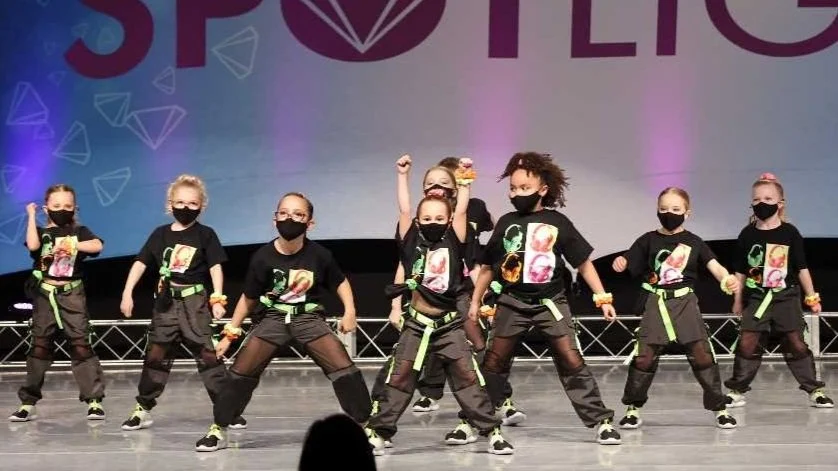
- why-a-professional-hip-hop-dance-videos-school-matters
- what-to-look-for-in-a-credible-hip-hop-dance-videos-program
- real-impact-student-success-through-video-learning
- blending-style-and-structure-the-key-to-dance-mastery
- why-american-dance-academy-stands-out
1. Why a Professional Hip Hop Dance Videos School Matters
In today’s digital age, many aspiring dancers turn to YouTube and TikTok to mimic trending choreography. But to truly grow in skill and confidence, enrolling in a professional hip hop dance videos school offers structure, expert feedback, and performance-based learning that casual videos can’t replicate.
1.1 Moving Beyond Imitation
Learning from viral videos is fun, but it often leads to incomplete technique. A professional school breaks down foundational movement vocabulary—locking, popping, grooves, isolations—ensuring students understand the roots and apply proper form.
1.2 Access to High-Caliber Instructors
When you're guided by professionals who have performed on major stages, appeared in music videos, or choreographed for global brands, your exposure goes far beyond basic steps. Their coaching elevates your timing, rhythm, and attitude.
2. What to Look for in a Credible Hip Hop Dance Videos Program
Not all online dance schools are created equal. So how do you know which one is worth your time and energy?
2.1 Structured Curriculum
A true professional hip hop dance videos school offers tiered programs—beginner to advanced—with clear progression, practice drills, and assessments. Look for classes that focus on grooves, musicality, freestyle, and choreography, all tied together in a systemized way.
2.2 Interactive Feedback
Live feedback or review sessions—either via virtual platforms or recorded critiques—can make a major difference. Being told “where” and “how” to improve leads to rapid development and prevents forming bad habits early.
2.3 Real-World Applications
Schools that include mock auditions, video performance assignments, or even virtual battle platforms create a professional mindset. It's not just about dancing in your room—it's about preparing to hit a stage or screen with purpose.
3. Real Impact: Student Success Through Video Learning
Take the example of Maya R., a high school sophomore who started dance during lockdown. After enrolling in a structured hip hop video program, she went from zero experience to leading her school’s dance team in under 18 months. Her training videos were reviewed weekly, with feedback on transitions, control, and energy delivery—key aspects missed in self-learning.
Or Jordan, a 32-year-old amateur dancer from Austin, who used virtual sessions to prep for an on-stage audition. With the support of experienced choreographers and step-by-step breakdowns, he earned a part in a regional theater’s urban dance production. Video-based learning, when guided, opens doors you never imagined.
4. Blending Style and Structure: The Key to Dance Mastery
The best dance schools don’t just teach choreography—they teach character. They break down how to inject emotion, individuality, and purpose into each move.
4.1 Style Identity
From krump to commercial hip hop to old school vibes, good video schools let you explore various genres. This exposure shapes your style and gives you adaptability in freestyle, battles, or stage routines.
4.2 Repetition with Reflection
Professional programs promote recording and reviewing your own videos. Watching yourself trains you to correct posture, energy direction, and rhythm misalignment—critical components for dancers seeking growth.
5. Why American Dance Academy Stands Out
At American Dance Academy, their video-based programs are designed not just for watching—but for transforming. With curated hip hop tracks, warm-up breakdowns, mentor critiques, and advanced technique modules, students are equipped to learn, experiment, and evolve at their own pace.
Whether you're 12 or 42, it’s never too late to start dancing—or to start dancing better. And when you train with a trusted, professional hip hop dance videos school, you’re not just learning steps. You’re building artistry, stamina, confidence—and a rhythm that stays with you long after the music stops.
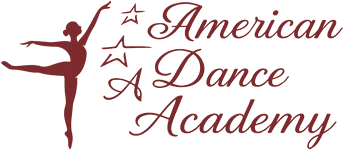
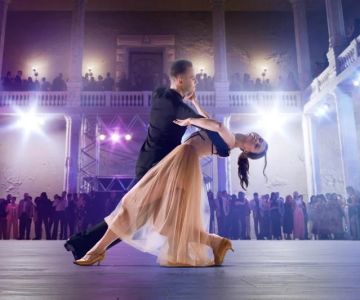
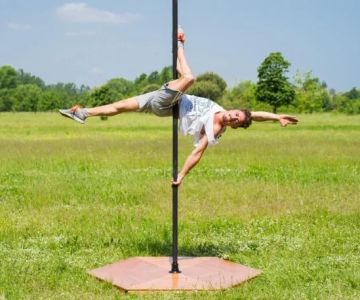
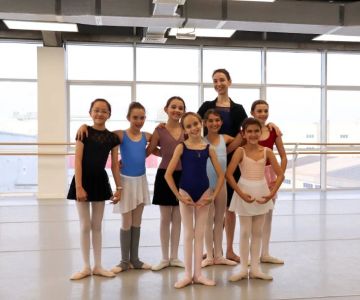
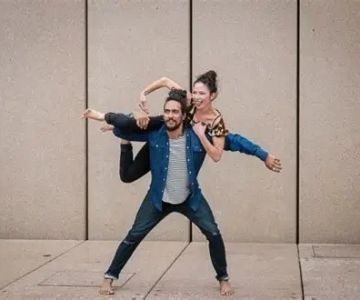
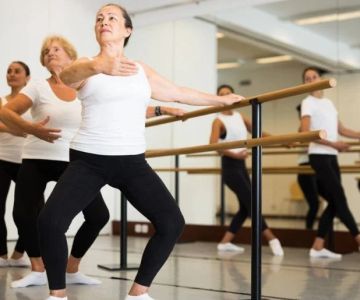
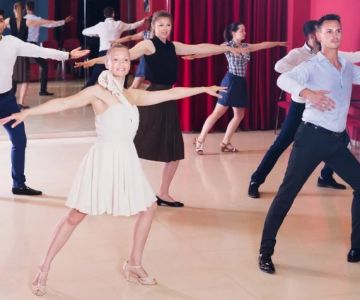
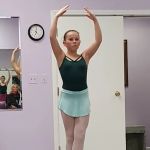 Barrington Dance Academy5.0 (22 reviews)
Barrington Dance Academy5.0 (22 reviews)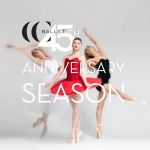 Canyon Concert Ballet4.0 (17 reviews)
Canyon Concert Ballet4.0 (17 reviews)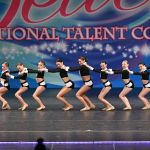 Big City Dance Center LLC4.0 (25 reviews)
Big City Dance Center LLC4.0 (25 reviews)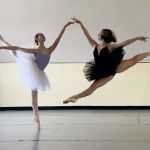 Tye Chua Dance & Kalamazoo Ballet5.0 (18 reviews)
Tye Chua Dance & Kalamazoo Ballet5.0 (18 reviews)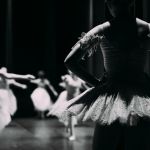 Fenton Ballet Theatre4.0 (24 reviews)
Fenton Ballet Theatre4.0 (24 reviews) Front Street Dance Center5.0 (7 reviews)
Front Street Dance Center5.0 (7 reviews)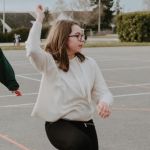 Are There Dances in Middle School? What Students and Parents Should Know
Are There Dances in Middle School? What Students and Parents Should Know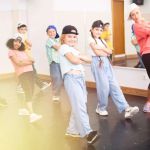 How a Dance School in Instagram Builds Community and Success
How a Dance School in Instagram Builds Community and Success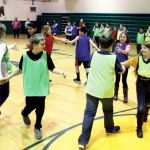 Why Do Schools Teach Square Dancing?
Why Do Schools Teach Square Dancing?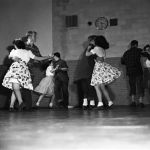 Why Was Square Dancing Taught in School?
Why Was Square Dancing Taught in School?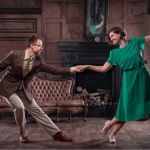 Why Swing Dance Is Popular for Adults
Why Swing Dance Is Popular for Adults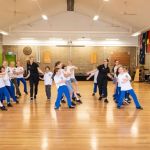 A School Dance: How to Prepare, Shine, and Make It Unforgettable
A School Dance: How to Prepare, Shine, and Make It Unforgettable